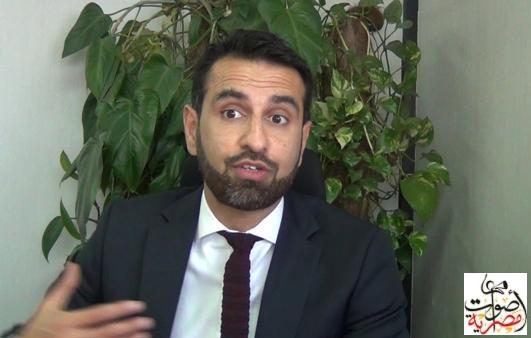British official: UK committed to supporting reform in Arab region

As fierce calls for change swept the region, the UK government announced the Arab Partnership initiative on February 8 of 2011 as a "strategic response" to Arab uprisings.
The initiative guides the UK's approach to support long-term political and economic reform in the region. It cooperates with and offers assistance to Arab partners who aspire to more democratic, open societies.
Irfan Siddiq, who heads AP's department in the UK's Foreign Commonwealth Office, said that the UK is particularly keen to assist Egypt, Tunisia and Libya as they are undergoing real transformation and thus have the greatest needs.
However, the initiative is just as well keen to support other Arab countries that are also in need for political reform, such as governments who more accurately represent the aspirations of the people.
"Our agenda is for change that brings about more representative, accountable, open governments", Siddiq said, arguing that revolutions are often not the best way to create such reform as they are usually followed by turmoil.
"It is much better for the governments to implement reform in a structural managed process," he explained, stressing on AP's keenness to encourage reform in the whole region not just countries where uprisings have taken place.
Siddiq explained that the program began with offering Tunisia more funding than Egypt as they were more willing to cooperate. "We are very much responding to a demand, we are not imposing our support", he stressed.
"In Libya we did not do much last year because the situation there was very difficult but we expect our program in Libya in the coming period to be much larger."
AP works with whoever can have a positive impact - while in some cases that is local or international non-governmental organizations, in other cases that is governmental institutions, such as parliament or state broadcasters, Siddiq said.
"Our desire is to be as diverse in the range of partners that we choose so we can have as much broad impact as possible. If you only work through one partner then we would be limiting the way we work".
Siddiq explained that AP is working on strengthening relations with local partners, “international actors are better at providing project proposals and ideas that we can fund, but we want to change that.”
The AP is a joint initiative between the Foreign Commonwealth Office (FCO) and the Department for International Development (DFID). While the FCO focuses on political issues, such as elections, free media, good governance, etc, the DFID focuses on the economic issues, such as growth, inclusive development, etc.
The UK has committed 110 million GBP over four years to AP to create sustainable political and economic reform in the region. The reason it is committed to funding such programs is that it considers the shifts in the Arab region very important, Siddiq insisted.
He explained that "consolidating a stable, democratic, open and prosperous region" is vital for the success of Europe and the whole world.
"It is very important that as we move to a more democratic more open Egypt that the role of civil society and the NGOs is promoted and respected", Siddiq said.
He hoped for a new NGO law to come to effect to support the role of NGOs and help them flourish and contribute to Egypt’s political and economic development.









facebook comments